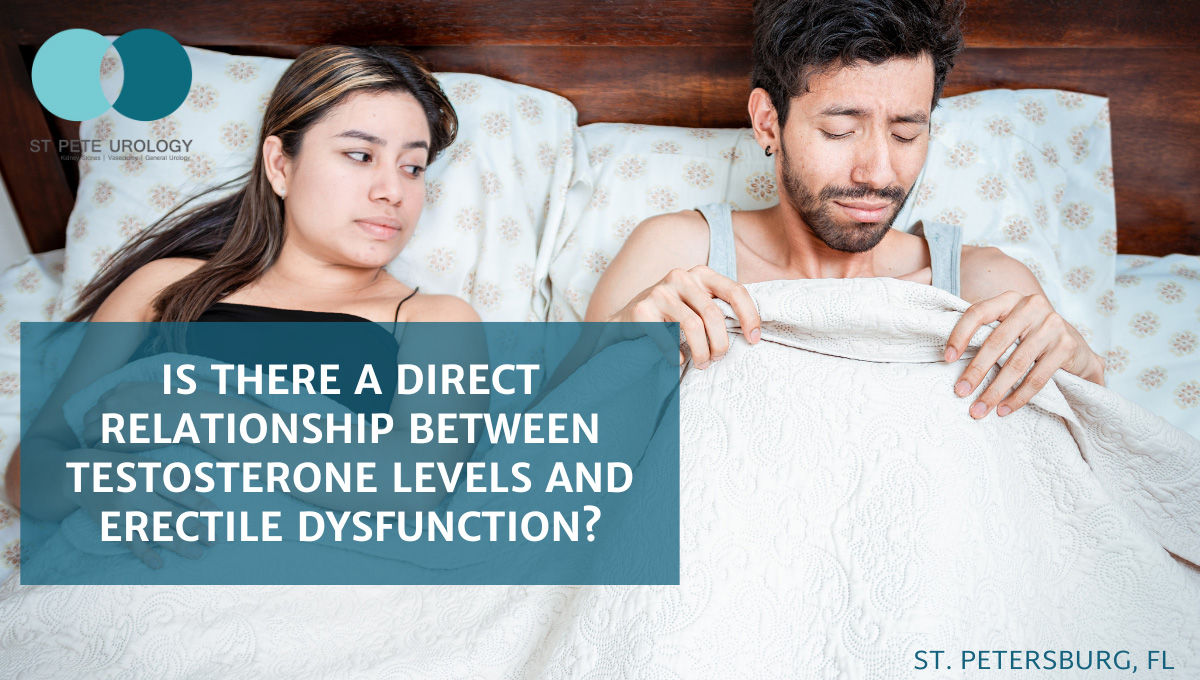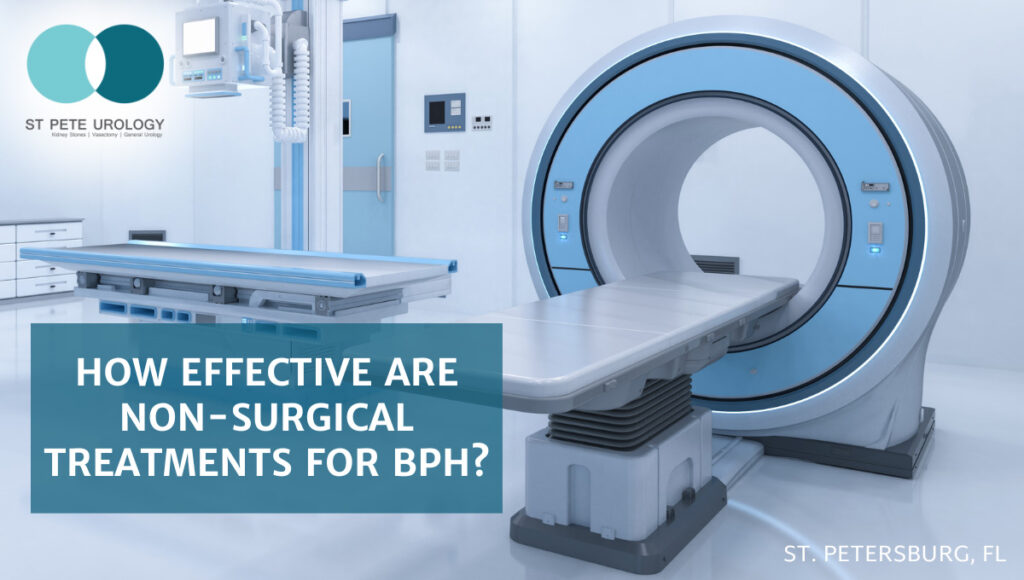3 Key Takeaways:
- Testosterone has a role in sexual function and libido, and is important for achieving satisfying erections.
- Low testosterone levels may be associated with higher rates of ED, but many men with low testosterone levels have no issues with their erections.
- ED is complex and multifaceted, and can be caused by physical, psychological, and lifestyle factors. Treatment options such as medications, lifestyle modifications, and therapy exist.


Testosterone and its Effects on Sexual Function
Testosterone’s role in sexual function and libido proves vital – it fuels sex drive and aids in achieving satisfying erections by stimulating receptors in the brain. The connection between testosterone and erectile function is clear, but various factors like age, obesity, and chronic diseases can influence testosterone levels, creating a web of interconnections.
Understanding Erectile Dysfunction
Erectile Dysfunction, paint a vivid picture: persistent difficulty in achieving or maintaining an erection suitable for sexual intercourse. This crippling ailment can be traced to myriad causes: physical issues, psychological battles, or lifestyle choices. An important fact: a considerable number of men grapple with ED, which greatly impacts their sense of well-being.
Examining the Relationship Between Testosterone and Erectile Dysfunction
Research findings seem to propose a correlation between testosterone levels and ED: lower testosterone levels sometimes align with higher rates of ED. However, research has also shown that many men with low testosterone levels have no issues with erection, revealing limitations and conflicting evidence in the studies.
Other Factors Contributing to Erectile Dysfunction
It’s critical to look beyond testosterone levels when dealing with ED. Other causes such as vascular health, nerve damage, other hormonal imbalances, and psychological factors play significant roles too. ED is a complex, multifaceted issue that often requires a comprehensive approach.
Treatment Options for Erectile Dysfunction
In the diverse landscape of ED treatments, traditional avenues such as medications, lifestyle modifications, and therapy exist. For those with low testosterone levels, testosterone replacement therapy may offer an added benefit. But like any medical treatment, testosterone therapy is not without its potential risks and side effects.
Conclusion
In conclusion, while there’s some evidence of a link between testosterone levels and erectile dysfunction, it’s not as clear-cut as it may seem. Addressing ED requires an understanding of its complexity, recognizing that it’s a result of an array of causes, not just low testosterone levels.
Your sexual health matters. If you’re in St. Petersburg, FL and you’re concerned about ED or low testosterone, consider consulting with the healthcare professionals at St Pete Urology. Their team of skilled urologists will walk through this journey with you, offering understanding, guidance, and treatment options tailored to your needs. Don’t let ED dictate your quality of life. Reach out to St Pete Urology today, and take control of your sexual health.
References:
- “Low Testosterone Effects on Sex Drive: Low Libido and More.” 11 Aug. 2023, https://www.webmd.com/men/how-low-testosterone-can-affect-your-sex-drive.
- “Common Causes of Low Libido and No Sex Drive in Men – Healthline.” https://www.healthline.com/health/low-testosterone/conditions-that-cause-low-libido.
- “Testosterone therapy: Potential benefits and risks as you age.” https://www.mayoclinic.org/healthy-lifestyle/sexual-health/in-depth/testosterone-therapy/art-20045728.




